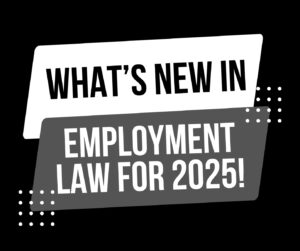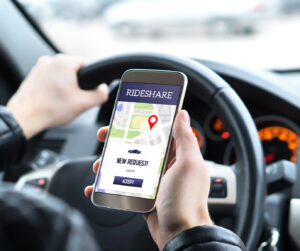On June 10, 2024 an en banc panel of the 9th U.S. Circuit Court of Appeals affirmed in the case Olson v. State of California that Assembly Bill 5 is constitutional. They rejected the challenge by Uber, Postmates & other gig companies that California’s AB5 law violated the Equal Protection clause of the US and California constitutions. The court found the law’s stricter classification test for app-based transportation/delivery workers is rationally based, and thus constitutional.
The companies argued AB5 unfairly targeted them out of animus. But the court said the legislature had rational reasons to distinguish them from other gig businesses like dog-walking apps. The court said the law’s distinction between industries is rationally related to addressing worker misclassification. The state and lawmakers may have viewed Uber as the pioneer of an app-based model enabling misclassification & sought to address the problem at its source. Exemptions for certain industries were also deemed rational.
AB5 makes it harder for gig companies to classify workers as independent contractors rather than employees, who typically enjoy more and broader rights. It codified the CA Supreme Court’s 2018 “ABC test” for employee status.
The ruling comes as the CA Supreme Court weighs the validity of Prop 22, a voter-approved ballot measure, which if upheld would exempt rideshare/delivery workers from AB5, but only on a prospective, or going forward, basis, and would not necessarily help the rideshare/delivery companies avoid liability which pre-dates the passage of Prop 22. Hence, the lawsuit here was not mooted by Prop 22.











